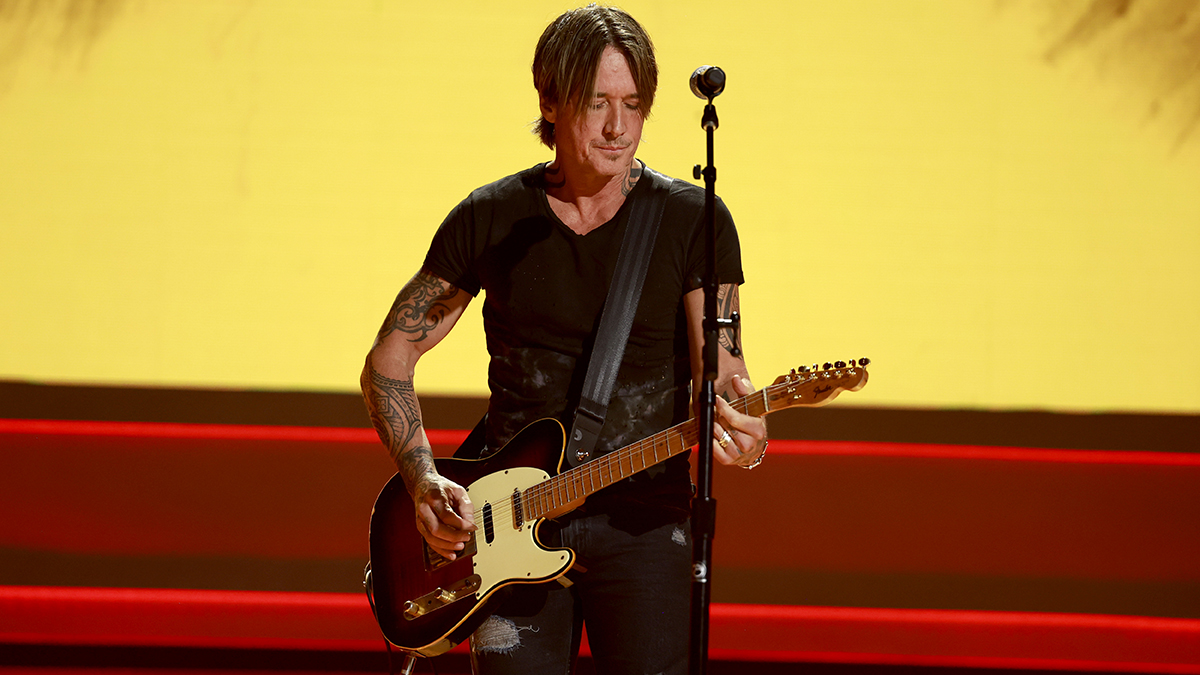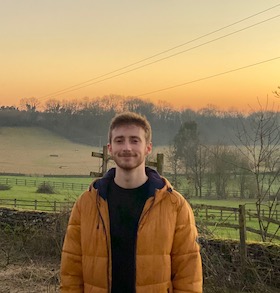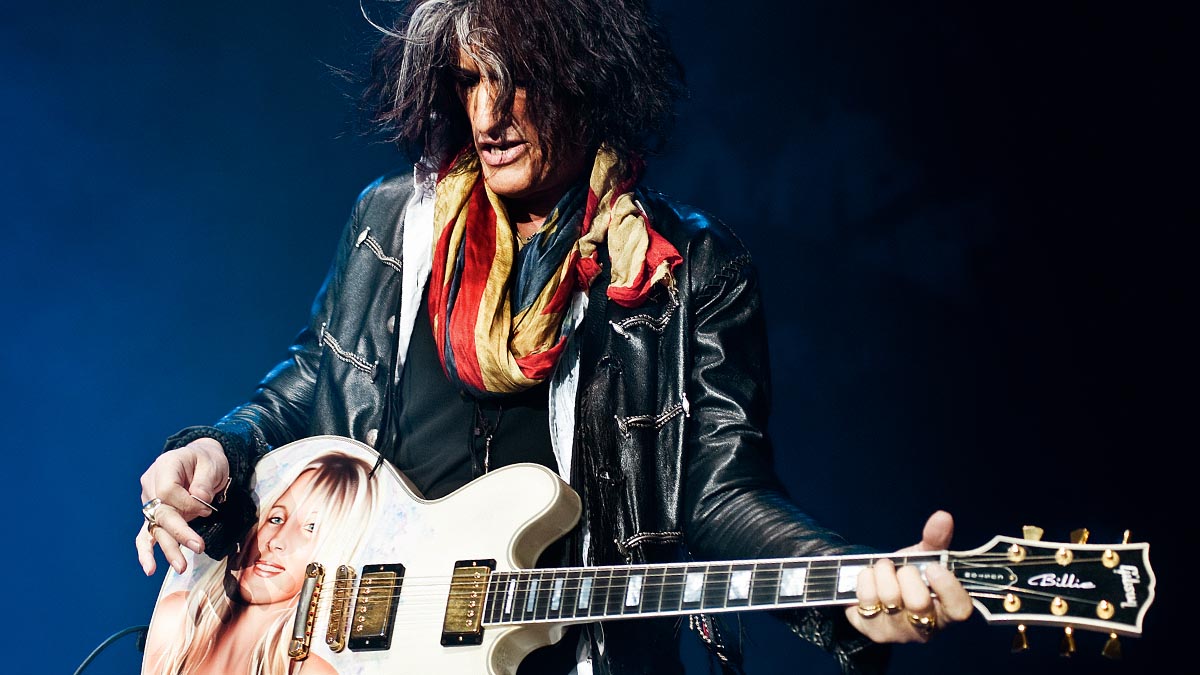“Paul was like, 'Good God, what are you asking for?' I'm like, 'I'm just asking for a little struggle!'” Keith Urban is working with PRS on a new Tele-style guitar – and he wants to break the company's rules
The country rock great's go-to guitar since 1989 has been a Fender Telecaster called Clarence, but John Mayer has inspired him to join the PRS ranks – and he's working on a T-type like no other

Keith Urban has revealed he’s currently working with PRS to produce a new Tele-type electric guitar, having recently followed his close friend John Mayer into the brand’s ranks.
Country rock great Urban is, understandably, closely associated with the Telecaster, and over the years has developed a close bond with ‘Clarence’ – a 40th Anniversary Fender Telecaster that has been his main guitar since 1989.
And, after John Mayer inspired him to whittle down his guitar collection, it turns out it was also Mayer and his PRS Silver Sky signature – coupled with the sonic shortcomings of Clarence – that prompted Urban to jump ship to Paul Reed Smith.
In a new interview with Guitar World, Urban has shed light on his upcoming PRS guitar, which will look to put his own unique stamp on the timeless T-type template.
“John had Paul build a guitar for him for the Dead & Company run that he did [the ‘Dead Spec’ Silver Sky], and he wanted one guitar, like, 'Can I just play one guitar all night?'” Urban remembers. “I thought, 'Let's see if I can get back to a bit more of that.'
“I can play anything on Clarence; I just wish it sounded a little bit better,” he continues. “It's a frustrating thing. So, that was really the beginning of the search with Paul and the people up there at PRS. I want to see if we can create something modeled on the feel of Clarence but with a better tonal range.
“I like a little bit of a hollowbody, so it's got a little bit of that in there. We have a customized f-hole shape that is modeled after the phoenix tattoo on my forearm. And it's got these pickups that are specifically Paul's design.
Get The Pick Newsletter
All the latest guitar news, interviews, lessons, reviews, deals and more, direct to your inbox!
“They're humbuckers but have an amazing, almost Dumble harmonic range. I can get squeaks and squawks out of them; unlike any other guitar I've got. And the playability is just beautiful.”
According to Urban, one of the biggest teething problems with moving to PRS guitars was their apparent lack of ‘fight’. In other words, PRS guitars play too well – and Urban is used to playing vintage guitars that offer a bit of resistance.
I'm trying to see if I can get Paul to help me get a bit of fight out of a guitar designed to give you no fight and effortless play
As such, Paul Reed Smith had to throw out the rulebook to dial in some artificial ‘fight’, which seemingly goes against the entire design ethos of a brand widely recognized for its perfectionism.
“My struggle is I like a little fight out of a guitar,” Urban admits. “I'm used to it, and I'm a bit more of an aggressive player. I'm trying to see if I can get Paul to help me get a bit of fight out of a guitar designed to give you no fight and effortless play.
“It's like, 'Good God, what are you asking for?' I'm like, 'I'm just asking for a little struggle!' I do better when I struggle a little bit with the guitar, if that makes any sense.”
This isn’t the first time we’ve seen PRS work with an artist to produce a T-type, having tapped Myles Kennedy for its flagship Tele-inspired model last year.
Will Urban’s be similarly shaped, and will it also be made as a widely available signature model? Only time will tell, but seeing as Urban is one of the biggest country Telecaster champions currently around, this looks to be something of a coup for PRS.
Guitar World's full interview with Keith Urban will be published later this month.

Matt is the GuitarWorld.com News Editor. He has a Masters in the guitar, a degree in history, and has spent the last 16 years playing everything from blues and jazz to indie and pop. When he’s not combining his passion for writing and music during his day job, Matt records for a number of UK-based bands and songwriters as a session musician.
“What blew me away was that everyone wanted the curly maple top. People were calling, saying, ‘I’ve got to have the bird inlays’”: Paul Reed Smith on raising the Standard 24, finally cracking the noise-free guitar and why John Sykes is a tone hero
“It combines unique aesthetics with modern playability and impressive tone, creating a Firebird unlike any I’ve had the pleasure of playing before”: Gibson Firebird Platypus review










